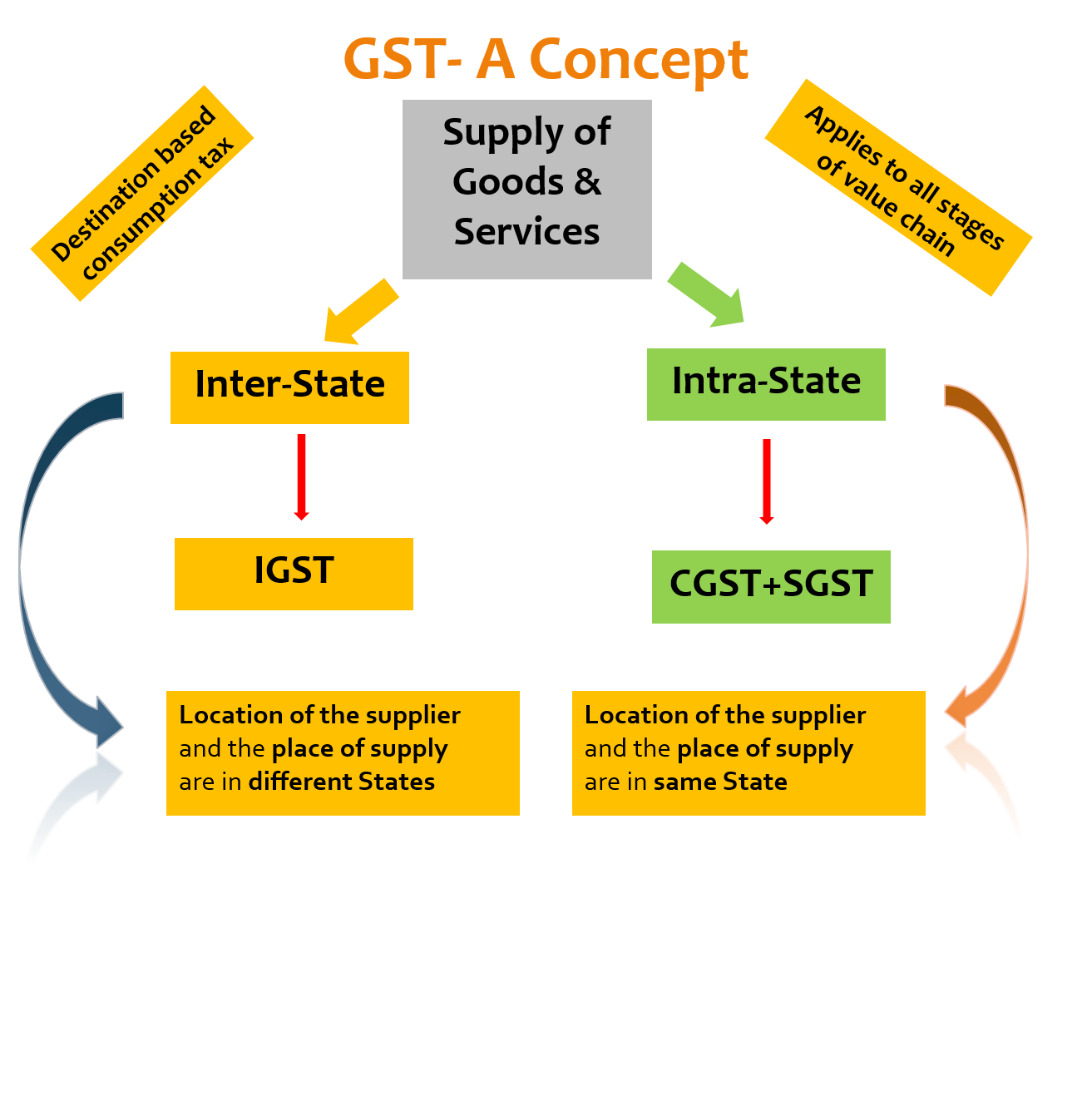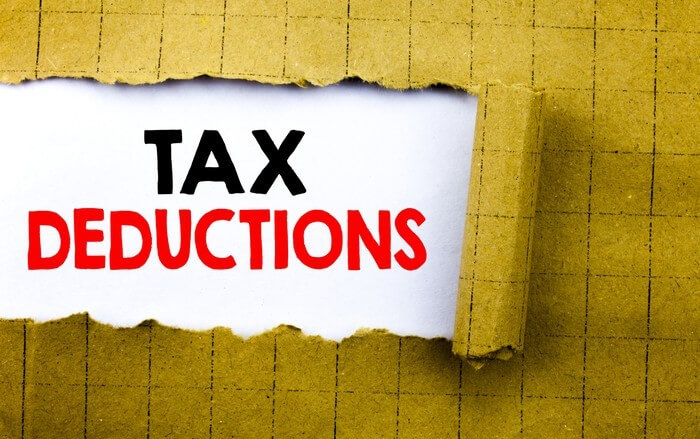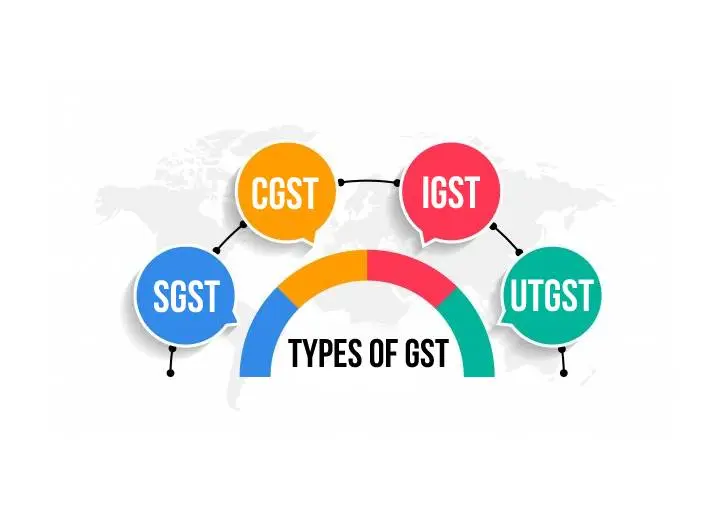What are the implications of non registration with GST?
What Are the Implications of Non-Registration with GST? Introduction Goods and Services Tax (GST) is a comprehensive tax levied on the supply of goods and services in many countries, including India. It is mandatory for businesses that meet the prescribed turnover threshold to register under GST. Non-registration can have serious legal, financial, and operational consequences.… Read More »








